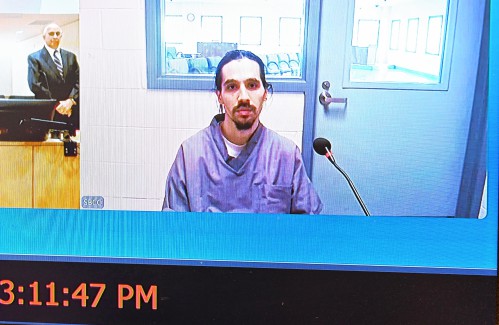
Lawyer argues Joshua Hart’s 2018 conviction for Orange murder had inconsistent verdicts
GREENFIELD — Spurred by a state Supreme Judicial Court opinion that pointed to inconsistent verdicts, the Franklin County Superior Court judge who oversaw Joshua Hart’s murder trial in 2018 has taken under advisement a defense attorney’s motion to set...

More than 130 arrested at pro-Palestinian protest at UMass
Editor’s note: This story will be updated.AMHERST — More than 130 people were arrested on the University of Massachusetts campus Tuesday night after those who set up a pro-Palestinian encampment on the South Lawn of the Student Union refused to...
Most Read
 Work on Pinedale Avenue Bridge connecting Athol and Orange to resume
Work on Pinedale Avenue Bridge connecting Athol and Orange to resume
 PHOTOS: Enchanted Orchard Renaissance Faire at Red Apple Farm
PHOTOS: Enchanted Orchard Renaissance Faire at Red Apple Farm
 Rice’s Roots Farm owner plans for community involvement for land’s future
Rice’s Roots Farm owner plans for community involvement for land’s future
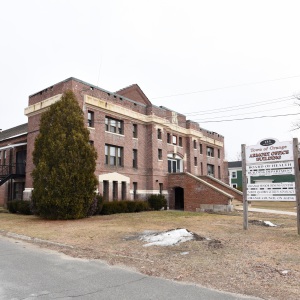 Orange Selectboard declares armory as surplus property
Orange Selectboard declares armory as surplus property
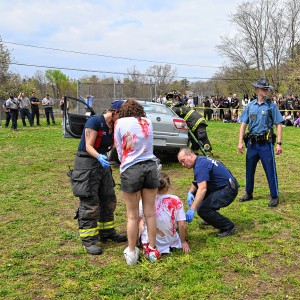 ‘Arrive Alive’ shows Athol High School students the dangers of impaired driving
‘Arrive Alive’ shows Athol High School students the dangers of impaired driving
 Nature lovers gather at Adams Farm for hawk watch
Nature lovers gather at Adams Farm for hawk watch
Editors Picks
 Sportsman’s Corner: Orange Gun Club’s Kids Derby
Sportsman’s Corner: Orange Gun Club’s Kids Derby
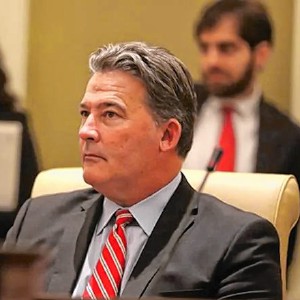 Court rulings may force action on home equity theft
Court rulings may force action on home equity theft
 Earl Sweat seeks seat on Phillipston Selectboard
Earl Sweat seeks seat on Phillipston Selectboard
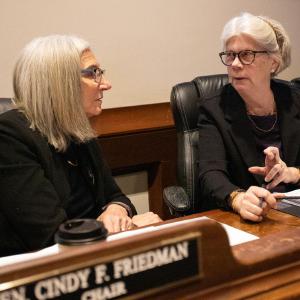 Upon review, panel not behind any ballot questions
Upon review, panel not behind any ballot questions
Sports

High Schools: MacKenzie Paulin tosses one-hitter to lift Greenfield softball past Frontier
Back in April, the Frontier softball team handed Greenfield its first and only loss of the season thus far.The Green Wave got their revenge on Tuesday. MacKenzie Paulin limited the Redhawks to one hit, striking out 11 and only walking two, helping...
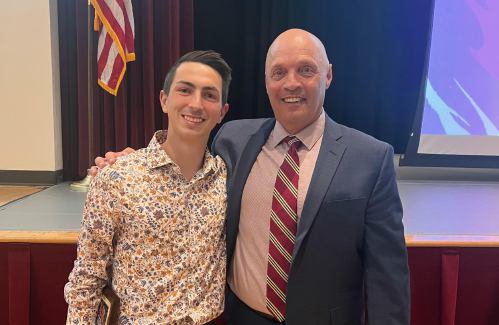 Bulletin Board: Bryce King wins Dean College men’s soccer’s Coaches Award
Bulletin Board: Bryce King wins Dean College men’s soccer’s Coaches Award
Opinion
My Turn: Freud — explorer of inner space
My mother often reminded me that “Fools rush in where angels fear to tread” — her words are one of those childhood memories that remain fixed in many a young brain, laid down in the synapses without our knowledge and long before we were capable of...
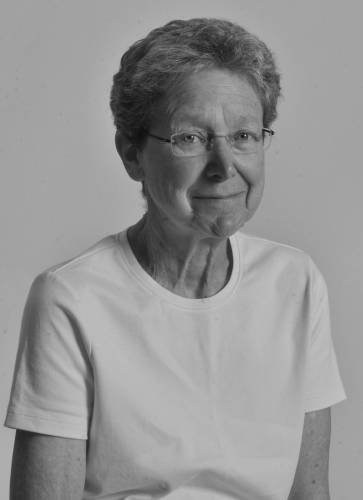 My Turn: We all deserve a break
My Turn: We all deserve a break
 Guest columnist Gene Stamell: We know what we know
Guest columnist Gene Stamell: We know what we know
 Shirley and Mike Majewski: Vote for Blake Gilmore
Shirley and Mike Majewski: Vote for Blake Gilmore
 Kathy Sylvester: Vote for expertise on May 6
Kathy Sylvester: Vote for expertise on May 6

Police Logs

Athol Police Logs: March 12 to March 19
ATHOL POLICE LOGSTuesday, March 126:45 p.m. - Male party into the lobby regarding a shop vac he lent to someone and they are refusing to give it back. Party was advised of his options. Attempted to contact involved party, negative contact, a voicemail...
 Athol Police Logs: Feb 19 to Feb. 27
Athol Police Logs: Feb 19 to Feb. 27
 Athol Police Log Feb. 4-18
Athol Police Log Feb. 4-18
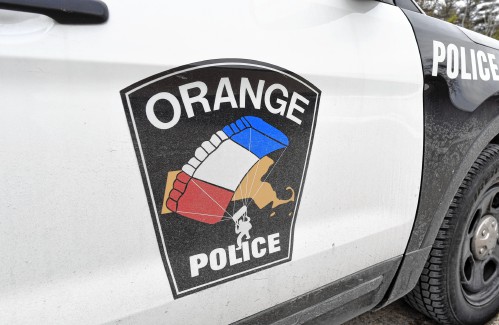 Orange Police Log 12/1-13
Orange Police Log 12/1-13
 Athol Police Log 11/8-26
Athol Police Log 11/8-26
Arts & Life
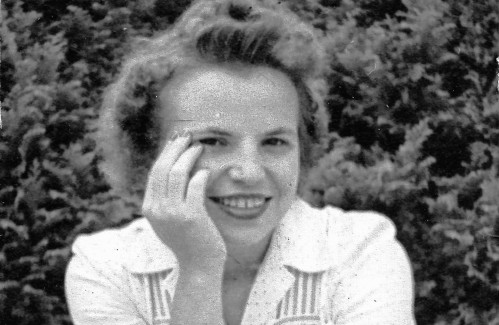
On Mother’s Day, we’ll always have Paris: A crêpe recipe in honor of my French-speaking mother
I recently received an odd email from Macy’s. It said that the retailer understood that not everyone wanted to receive Mother’s Day emails and offered me the opportunity to opt out of those missives.I’m not sure why Mother’s Day was singled in out...
Obituaries
 Donald W. Watts
Donald W. Watts
Athol, MA - Donald W. Watts, age 94, of Athol passed away at Heywood Hospital after an illness. Donald was born on May 30, 1929 in Gardner to the late Ralph W. and Mary Louise (Pfaff) Watts. He proudly served in the U.S. Navy durin... remainder of obit for Donald W. Watts
 Rodney B. Freeman
Rodney B. Freeman
Rodney B. "Rod" Freeman Athol, MA - Rodney B. Freeman, 93, of Bradenton, FL, passed away on November 4, 2023. He was born on March 23, 1930, the son of the late James and Doris Freeman of Barre, MA. Rodney was raised on the family dairy ... remainder of obit for Rodney B. Freeman
 Forrest John Clingerman
Forrest John Clingerman
BLUFFTON, OH - Forrest John Clingerman, 52, passed away April 21, 2024, at his home in Ohio. Forrest was born January 29, 1972 in Terre Haute, IN, to parents John and Claire (Spaulding) Clingerman. He grew up in the midwest but came ... remainder of obit for Forrest John Clingerman
 Donna Leonard
Donna Leonard
Phillipston , MA - On April 20, 2024 Donna J. (Pattison) Leonard, age 76 of Phillipston Mass, was called home to be with the Lord after a brief but intense battle with colon cancer. Donna was born to Harold and Sarah (Clarke) Pattison,... remainder of obit for Donna Leonard

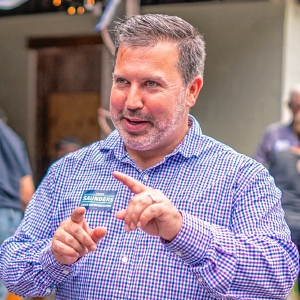 Franklin County reps speak to House budget amendments
Franklin County reps speak to House budget amendments
 Employee pay, real estate top Erving Town Meeting warrant
Employee pay, real estate top Erving Town Meeting warrant
 North Quabbin Notes, May 6
North Quabbin Notes, May 6
 Loan program aims to ease burden of home energy retrofits
Loan program aims to ease burden of home energy retrofits
 Community Legal Aid expands Disability Benefits Project to Franklin County
Community Legal Aid expands Disability Benefits Project to Franklin County
 Committee forms to oppose psychedelics push in Mass
Committee forms to oppose psychedelics push in Mass
 Change in federal drug classification could help cannabis shops
Change in federal drug classification could help cannabis shops
 Providers, families seek legislative urgency to support ALS treatment
Providers, families seek legislative urgency to support ALS treatment
 Boys volleyball: Carey twins help power Frontier past Belchertown in straight sets (PHOTOS)
Boys volleyball: Carey twins help power Frontier past Belchertown in straight sets (PHOTOS) Baseball: Logan Moore holds Smith Academy to one hit in Mohawk Trail’s 1-0 victory (PHOTOS)
Baseball: Logan Moore holds Smith Academy to one hit in Mohawk Trail’s 1-0 victory (PHOTOS) Swayman stops 38 shots, Bruins roll past Panthers 5-1 for 1-0 series lead
Swayman stops 38 shots, Bruins roll past Panthers 5-1 for 1-0 series lead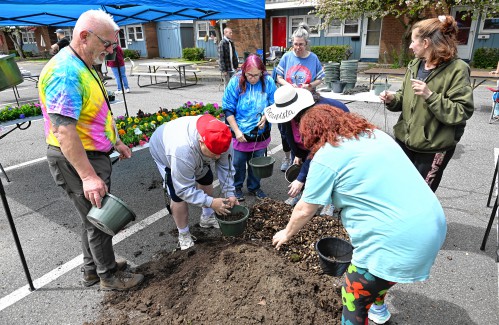 Providing opportunity for people to grow: The United Arc of Franklin County’s annual Gardening with Steve event a highlight of spring
Providing opportunity for people to grow: The United Arc of Franklin County’s annual Gardening with Steve event a highlight of spring Speaking of Nature: Capturing my Bermuda nemesis: The Great Kiskadee nearly evaded me, until I followed its song
Speaking of Nature: Capturing my Bermuda nemesis: The Great Kiskadee nearly evaded me, until I followed its song The house that therapy built: Multimedia artist Lisa Winter to display “My House” at the Wendell Meetinghouse this Sunday
The house that therapy built: Multimedia artist Lisa Winter to display “My House” at the Wendell Meetinghouse this Sunday Fun Fest returns to Turners Falls: Música Franklin hosts 6th annual family-friendly, free event, May 11
Fun Fest returns to Turners Falls: Música Franklin hosts 6th annual family-friendly, free event, May 11